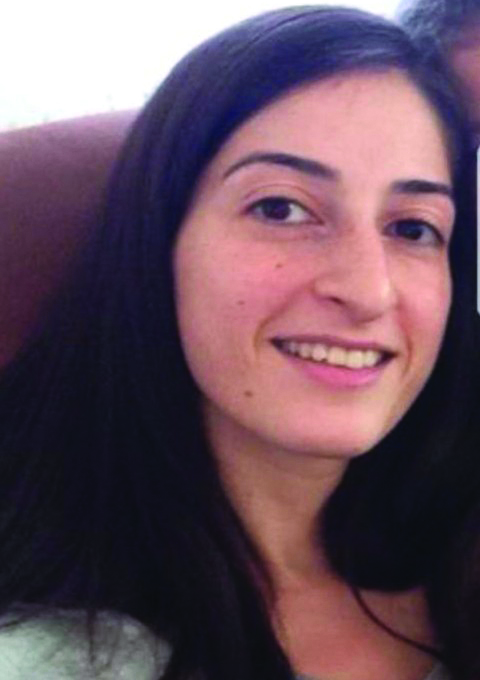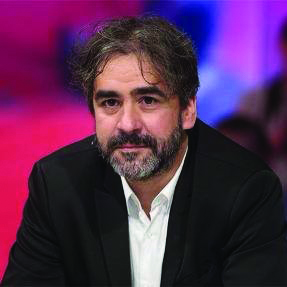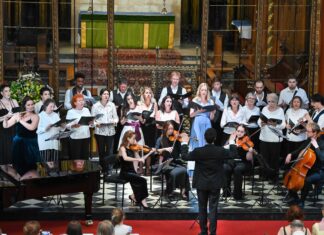By Muriel Mirak-Weissbach
Special to the Mirror-Spectator
BERLIN — One by one, and at a painfully slow tempo, German journalists and intellectuals unlawfully imprisoned by the Turkish authorities are being released. On December 18, it was the turn of Mesale Tolu, a translator and journalist who had been held for seven months. She was allowed to walk out of jail, but must remain in the country and report to authorities every week. Five other prisoners were released the same day under similar conditions. Tolu’s next hearing is scheduled for April 26, 2018.
Together with 17 other persons, Tolu was charged with belonging to a terrorist organization, the left extremist MLKP, and could be sentenced to up to 20 years in prison. On being seized April 30, she and the others denied all charges. At her first hearing on October 11, she had stated that, when arrested, “The special police unit not only aimed a weapon at my son, but they also used force in arresting me in front of my child.” At her second hearing on Monday, during which the Prosecutor proposed her conditional release, she reportedly said, “I was arrested because I am a journalist and it was intended to exert pressure on the media. Pressure on the media was continued but I think that the legal authorities will make the right decision.” According to wire reports, a “secret witness” who had testified against her in the first hearing, declined to do so again.
On hand during the hearing were Heike Hänsel, a German parliamentarian from the Linke (Left) party, Martin Erdmann, the German Ambassador, and Günter Wallraff, an investigative journalist and human rights activist. Tolu’s husband Suat Corlu, who was released from prison three weeks ago, and her father Ali Reza Tolu, were also present. On hearing his daughter would be freed, he said he was “the happiest person in the world,” and that they would all go home to celebrate together.
Tolu, who is 33, is of Turkish descent but since 2007 has had only German citizenship. She worked for a leftist group, the Etkin News Agency (Etha), and was arrested when authorities raided her apartment on April 30. According to wire reports, she had been accused of participating in two commemorations for Kurdish women who had died fighting against the Islamic State, of demonstrating for women’s rights and of attending the funeral of a member of the outlawed Communist Party. During the first five months of her imprisonment, she had her son, then two years old, with her in an Istanbul women’s prison. After her first hearing in October, the child was allowed to go to Germany.









